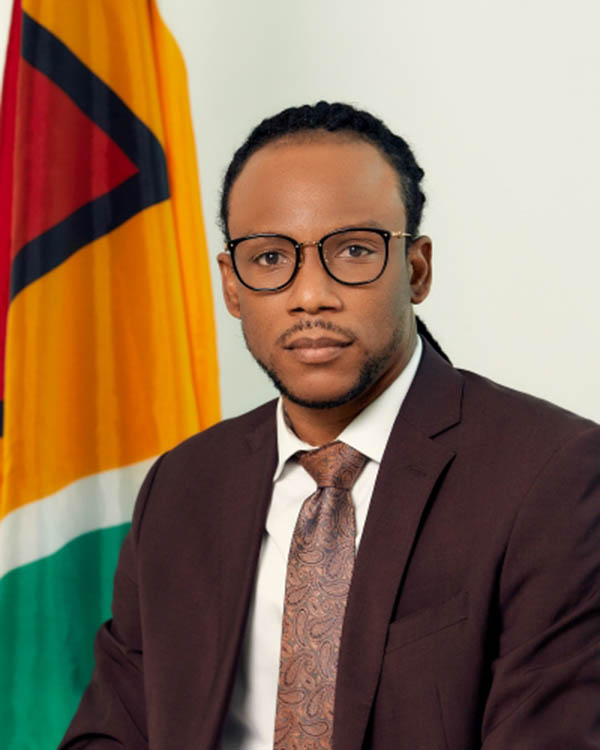Accounting officers of Regional Democratic Council (RDC) Region Two were on Monday urged to have better oversight of their revenue generating accounts following a disclosure in the Auditor’s General report of some $21M being unaccounted for.
A team of officers from the RDC appeared before the Public Accounts Committee (PAC) of Parliament to provide clarity on the findings of the Auditor General’s reports in 2017 and 2018. In the 2017 report it was highlighted that advances were made to over 350 persons in the region between 1995 and 2018. As was reported in 2016, the Regional Administration continued to use large sums from these accounts for advances to facilitate activities within the region.
“There were 88 advances for the year under review, valued at $2.661M that were issued for travelling, meals, miscellaneous works, in lieu of salaries, activities and celebrations, reconnection of water and electricity, closing imprest, replacing 2 RAM for REO laptop, in lieu of trench cleaning, accommodation, medical care, relocation of staff to Region No. 9, items for REO living quarters, advertisements and purchase of items etc.,” the report said.
The report stated that at the time of reporting these advances were still outstanding and even though it is required that an officer clear all outstanding advances before being issued another, there were eighteen officers who have multiple outstanding advances for the year 2017. This discovery has caused the PAC to question whether there is any proper oversight over the management and spending of the accounts. While she was unable to account for what was occurring at the time, Regional Executive Officer (REO), Susannah Saywack, told the PAC that many persons make requests for assistance in writing to the RDC. She said that these matters are discussed between herself and current Regional Chair, Vilma DaSilva, and a decision is made on whether assistance will be given or not. However, this response did not sit well with the PAC’s Chairman, Jermaine Figueira, and he told the REO to desist from such practices. He told her that requests should be discussed at the Council’s level and only elected officials should make the determination on how assistance can be given.
But as the committee attempted to understand how monies were spent from the account, Minister of Parliamentary Affairs and Governance and PAC member, Gail Teixeira pointed out that the region seems to be utilizing the accounts as a “slush fund.” She stated that, “persons have been delinquent, too, in having taken advances, and not reimbursing, and those persons are liable for charges of some kind, and this should not be the case!” In Teixeira’s view, while regional bodies are allowed to have revenue generating accounts, there are serious problems in that the monies are not being properly accounted for, or even recouped after advances are given. Like PAC Member Ganesh Mahipaul and others, Teixeira also questioned whether the region should not declare in budget documents its earnings at the end of the year. Mahipaul had earlier questioned if it was not a requirement that unspent monies, whether from budget allocations or otherwise, be returned to the Consolidated Fund at the end of the fiscal year. Mahipaul had pointed out that monies should be re-directed to the Consolidated Fund since the state’s resources were being used to generate the revenue in the region.
On this note, Finance Secretary Sukrishnalall Pasha informed the PAC that from his preliminary readings, there is no indication if generated revenue should be deposited into the Consolidated Fund. Nonetheless, he stated that the Constitution is specific that unless there is an exception, all unspent monies from a budget agency are to be returned to the Consolidated Fund. However, he gave the assurance to the PAC that he will be seeking further legal interpretation from the Attorney General’s Chambers. Figueira also said that the PAC will be writing to the Attorney General for an independent interpretation on what should be done with unspent [generated] revenues at the end of the year. For years, the regions have set up accounts to place revenue generated in the region outside of budgeted allocations. Revenue is usually generated from rental of properties, machinery, tolls and admissions to celebratory events etc.





